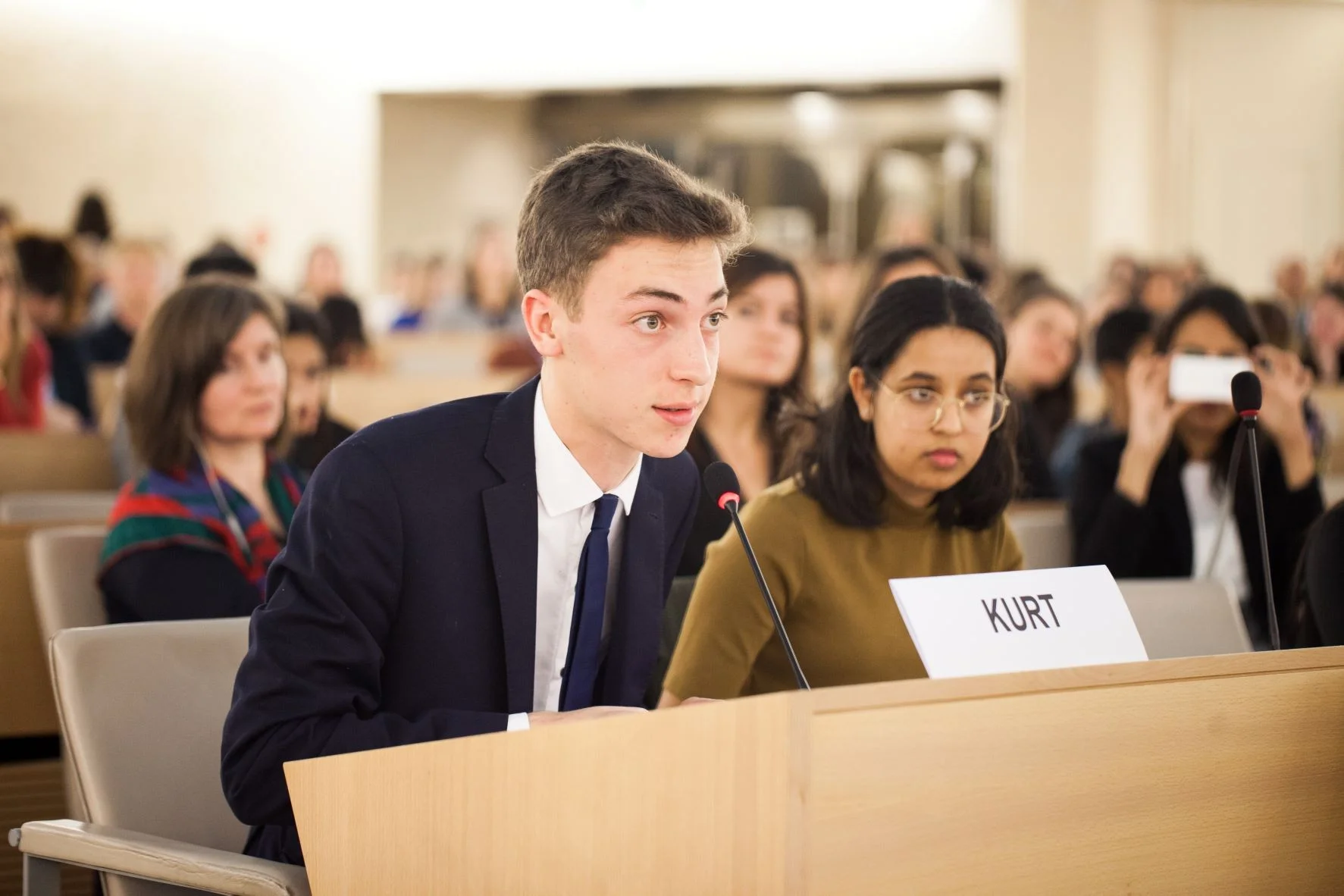The Universal Declaration of Human Rights was adopted almost 75 years ago. Since then, UN Member States have been reviewed on a regular basis to assess how they are putting their human rights obligations into practice. It’s now Switzerland’s turn again. This is an important moment to make the situation of children and young people and their rights an integral part of this dialog.
The Universal Periodic Review is one of the key mechanisms used by the UN Human Rights Council to analyze the human rights records of all UN Member States. States discuss and assess the human rights situation of a Member State every four and a half years. This results in specific recommendations to the Member State in question, which they can then comment on, accept or reject.
In addition to the respective State party’s report, information on the human rights situation collected by the Office of the High Commissioner for Human Rights (OHCHR) is also used as the basis for the review procedure. Switzerland presented its most recent report in October 2022, providing information on its progress in implementing the recommendations accepted since the last review.
International and non-governmental organizations accredited to the UN also have the opportunity to present their views ahead of the review. UNICEF Switzerland and Liechtenstein took advantage of this opportunity, formulating issues and recommendations regarding the implementation of children’s rights in Switzerland based around five thematic priorities. These recommendations were submitted to the Member States as an additional basis for discussion. With its contribution, UNICEF Switzerland and Liechtenstein advocates for the increased inclusion of child rights issues in the review process. The specific rights of children must also be highlighted from a human rights perspective, and the needs of children and young people must form part of the dialog between Member States.
UNICEF Switzerland and Liechtenstein’s recommendations:
- Ensure that all children and young people have access to high-quality psychosocial care by providing adequate and targeted services.
- Ensure that all unaccompanied and accompanied refugee children and young people aged six and over in federal asylum centers are interviewed systematically and in an age-appropriate manner as part of the asylum process.
- Increase investment in supporting children, young people and their families, particularly in the area of early childhood education and care.
- Adopt regulations to ensure that the business sector respects international human rights and children’s rights beyond child labor.
- Advocate for climate measures in Switzerland and abroad, with a focus on children and young people, for example by giving them meaningful opportunities to have their say and be heard.
Background information on these recommendations from UNICEF Switzerland and Liechtenstein can be found here in English.
